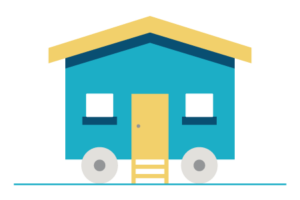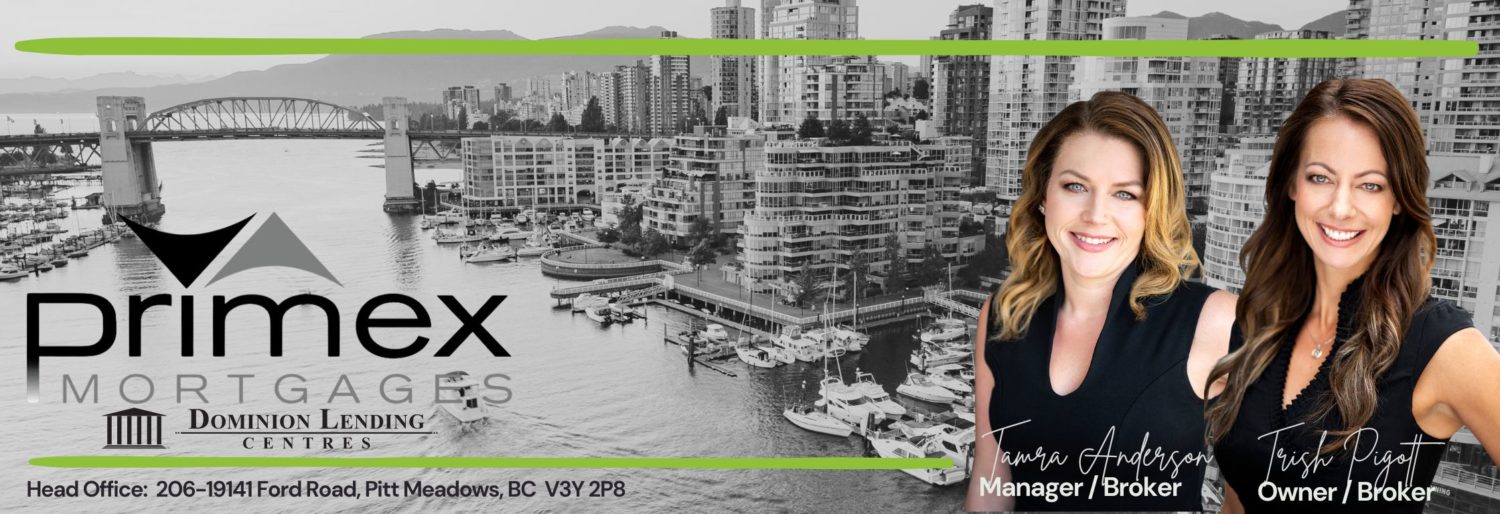Selling your current home and moving into a new one can be stressful enough, let alone worrying about your current mortgage and whether you’re able to carry it over to your new home.
Porting enables you to move to another property without having to lose your existing interest rate, mortgage balance and term. And, better yet, the ability to port also saves you money by avoiding early discharge penalties.
It’s important to note, however, that not all mortgages are portable. When it comes to fixed-rate mortgage products, you usually have a portability option. Lenders often use a “blended” system where your current mortgage rate stays the same on the mortgage amount ported over to the new property and the new balance is calculated using the current interest rate.
With variable-rate mortgages, on the other hand, porting is usually not available. As such, upon breaking your existing mortgage, a three-month interest penalty will be charged. This charge – which can be a surprising $1,500-$4,000 penalty at closing – may or may not be reimbursed with your new mortgage.
Porting Conditions
While porting typically ensures no penalty will be charged when you sell your existing property and buy a new one, some conditions that may apply include:
- Some lenders allow you to port your mortgage, but your sale and purchase have to happen on the same day. Other lenders offer a week to do this, some a month, and others up to three months.
- Some lenders don’t allow a changed term or force you into a longer term as part of agreeing to port you mortgage.
- Some lenders will, in fact, reimburse your entire penalty whether you are a fixed or variable borrower if you simply get a new mortgage with the same lender – replacing the one being discharged. Additionally, some lenders will even allow you to move into a brand new term of your choice and start fresh.
- There are instances where it’s better to pay a penalty at the time of selling and get into a new term at a brand new rate that could save back your penalty over the course of the new term.
While this may sound like a complicated subject, your mortgage professional will be able to explain all of your options and help you select the right mortgage based on your own specific needs.










